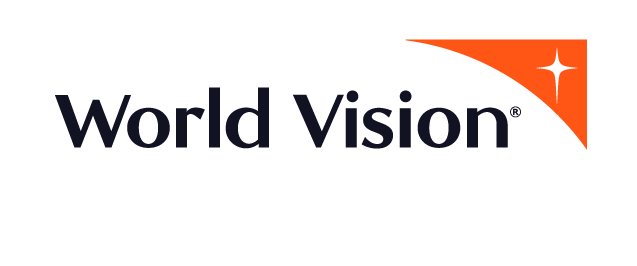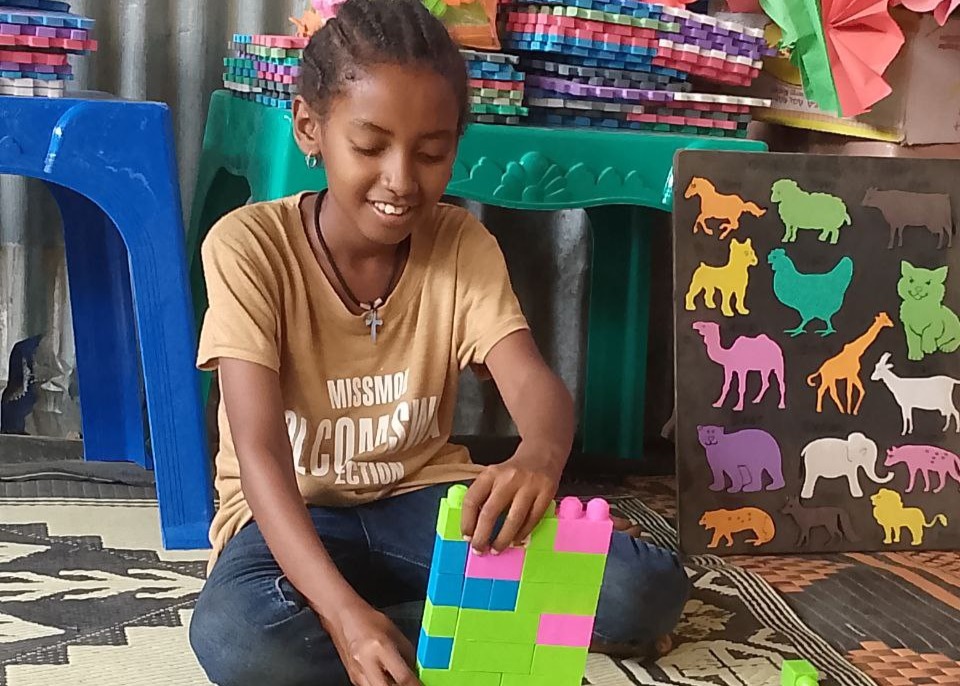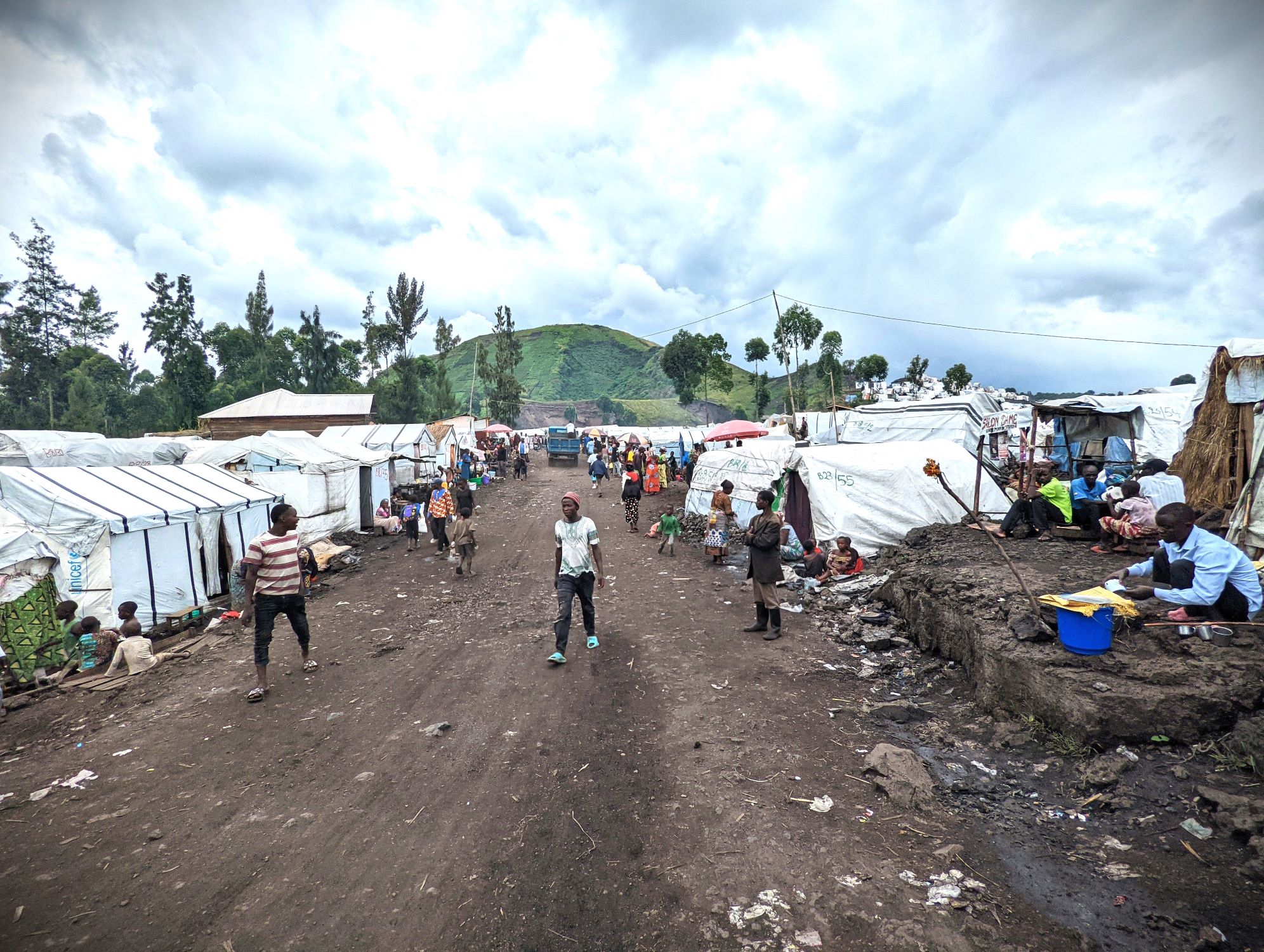
DISPLACED BUT NOT FORGOTTEN
Read how children like Sucdi and Immaculée are defining their own destiny.
Can you imagine having no choice but to flee your home?
This World Refugee Day, we’re thinking about the 47 million children who've done just that – fled their homes for safety in the shadows of conflict, violence and even climate change.
Children can be pretty resilient, but the struggles they face as refugees and internally displaced persons (IDPs) are relentless and everyday – and the long-term impact can be devastating.
At World Vision, we are deeply concerned about the cuts being made to the UK Government’s overseas aid budget. These have come at a time when 343 million people are facing acute hunger and where the number of refugees and IDPs is at a record high of 122.6 million – three times that of the year 2000.
While these statistics paint a bleak picture, organisations like World Vision are committed to supporting those who’ve been displaced. We work in many countries where there are high numbers of refugees and displaced people. These include Sudan, the Democratic Republic of the Congo (DRC), Afghanistan, Syria, Venezuela, Ukraine and Bangladesh.
Continue reading to learn how World Vision is working alongside children as they learn to cope with being displaced.

Far from home and out of school
For many children, one of the hardest things about being displaced is missing out on school.
“When I see other children studying, I wonder when I’ll get my life back,” Noëlla, 12, shares in DRC. Her family fled violence and are sheltering in a classroom.
“Every morning, we give up our place to the school children,” she says.
“I want to go home,” shares Rufin, also 12 and in DRC, living in a camp for the displaced. He’s a bright boy with hopes of one day becoming a governor.
“If we don’t go home,” he continues, “I want them to build schools where we can study.”
Schools are not only places to learn and grow, they’re also a way of keeping children safe from harm. Without schools, refugee children are at an increased risk of violence, trafficking, forced labour, child marriage and more.

World Vision and education for child refugees
World Vision provides educational support to displaced children across the world, along with training for teachers.
Child Friendly Spaces provide a safe space to learn and play for children like Sucdi, pictured above, who is learning to read and write while spending time with friends.
Sucdi has dreams for the future and believes education is key to achieving her goal.
“I want to become a humanitarian,” she says, “so I can help my people, especially children and those in need of education.”
In addition to learning and playing, children can also receive psychological support as they process the trauma of leaving everything behind.
Tsion, who fled Sudan when conflict broke out in the capital, was deeply affected by the dangerous journey to safety in Ethiopia.
She and her mum are building a new life there, hoping to reunite with Tsion’s dad who was separated from them as they fled.
A Child Friendly Space helped Tsion process her feelings and also learn the local language.
“I am very happy now,” she says. “I have made friends and being able to play with them without the language barrier makes me delighted. I feel safe and encouraged.”
READ TSION’S FULL STORY: A safe place from conflict

Learning a new trade in a place of conflict
World Vision also provides training to young people who’ve been displaced. While they’ve perhaps been unable to complete their secondary education, practical skills give them a new career and a regular income they can build upon.
Immaculée’s determination
Immaculée is one of 6.9 million individuals who’ve been displaced in the Democratic Republic of the Congo (DRC), which is now in the top three countries with the highest number of internally displaced people.
At 18, she’s the embodiment of strength and determination. In August 2024, when she was already displaced and living in a camp, she was forced to flee when an armed group arrived.
“We took down our shelters,” she shares, “but afterwards we didn’t know where to go.”
In the end, Immaculée stayed – a courageous decision but one that meant she could pursue her dream.
With support from her aunt, with whom she lives, Immaculée joined a World Vision training programme. Through this programme, young people choose to learn a trade, such as mechanics, sewing or hairdressing.
Surprising everyone, Immaculée chose to train as a mechanic.
“In the village, I don’t have this opportunity to learn mechanics,” she says, referring to the place she once called home.
Top of the class
Today, Immaculée has qualified and can be seen below holding the brand-new set of tools she received upon graduation.
“We've just received our certificates of achievement,” she shares. “I came fourth out of 22 in auto mechanics. I'm delighted to have succeeded in standing out among so many boys, in a traditionally masculine field. I'm overwhelmed with joy.”

Can you support the work we’re doing?
With numbers at record levels, with hunger impacting more people than ever, and with significant cuts to overseas aid, the work we do is more vital than ever.
A donation today could help a child and their family find hope for the future. It could be used to provide emotional and educational support through a Child Friendly Space. It could help train a girl like Immaculée, giving her the skills to define her own destiny.
Your gift could also be used to provide immediate relief to those who are struggling to find enough food, clean water, healthcare and other essentials.



